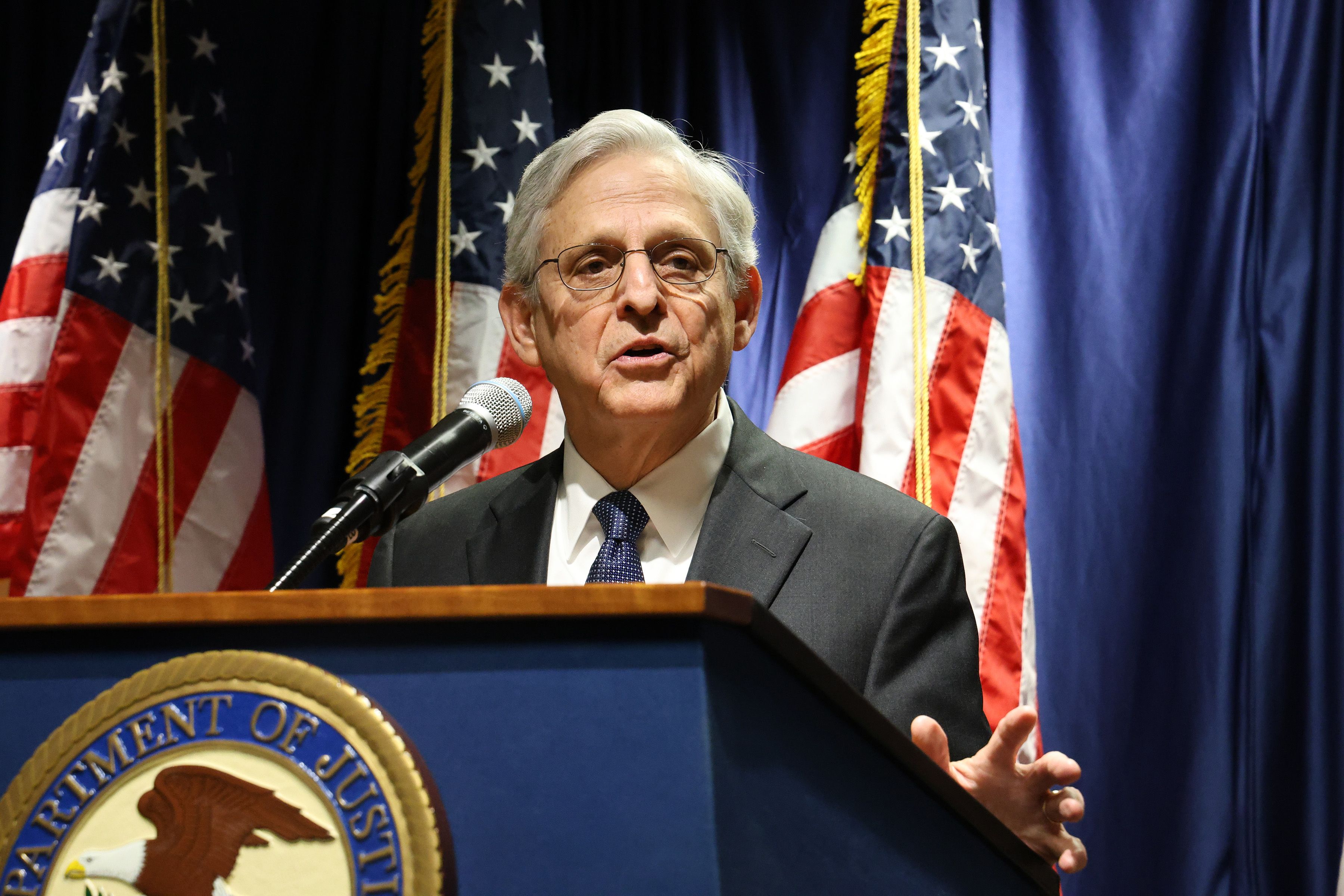Introduction
In a bold move amidst an increasingly fraught regulatory landscape, a Texas-based blockchain entrepreneur has filed a lawsuit against U.S. Attorney General Merrick Garland. This lawsuit seeks to ensure that his forthcoming cryptocurrency project will not face prosecution under the Department of Justice’s (DOJ) interpretation of money transmitting laws, highlighting significant tensions between innovative technology and stringent regulation.
The Lawsuit Against the DOJ
The plaintiff, Michael Lewellen, a fellow at the crypto think tank Coin Center, argues that the DOJ’s ongoing criminal prosecutions of software developers who create noncustodial cryptocurrency tools violate constitutional rights. Particularly, he cites the prosecutions of Tornado Cash developer Roman Storm and Samourai Wallet co-founder Keonne Rodriguez, claiming these actions infringe upon the First and Fifth Amendments. Lewellen contends that the DOJ not only misinterprets the law but also undermines public trust by not adhering to its previous assertions regarding developers’ roles in cryptocurrency transactions.
Fears of Uneven Treatment Within the Crypto Community
This lawsuit emerges against a backdrop of mounting concerns regarding governmental overreach in regulating crypto privacy developers. The fear is palpable—Storm, for instance, faces a staggering 45 years in prison if convicted, while Rodriguez could receive a 25-year sentence. As more developers face similar threats, lawsuits like Lewellen’s shine a light on the precarious position of innovators working in a legal gray area.
Lewellen’s Project: A New Approach to Crowdfunding
Lewellen’s forthcoming project, dubbed Pharos, aims to revolutionize crowdfunding through the use of Ethereum-based smart contracts termed “assurance contracts.” Expected to function like a crypto-based Kickstarter, Pharos will enable donors to claim refunds if project goals are not met. Importantly, it incorporates privacy features to protect donor identities, which is central to its appeal amidst concerns of regulatory scrutiny.
Shifts in DOJ Leadership and Their Implications
The lawsuit arrives at a pivotal moment as Garland prepares to leave the DOJ, with the incoming administration likely appointing a new Attorney General. This change could significantly impact the future of crypto regulations and the legal landscape for developers, making the outcome of Lewellen’s case potentially influential in shaping policy moving forward.
Key Takeaways
- Michael Lewellen is suing the DOJ to protect his crypto project from future prosecution.
- Current prosecutions of crypto developers raise constitutional concerns and implications for innovation.
- The outcome could shape the regulatory environment for cryptocurrencies as DOJ leadership changes.

